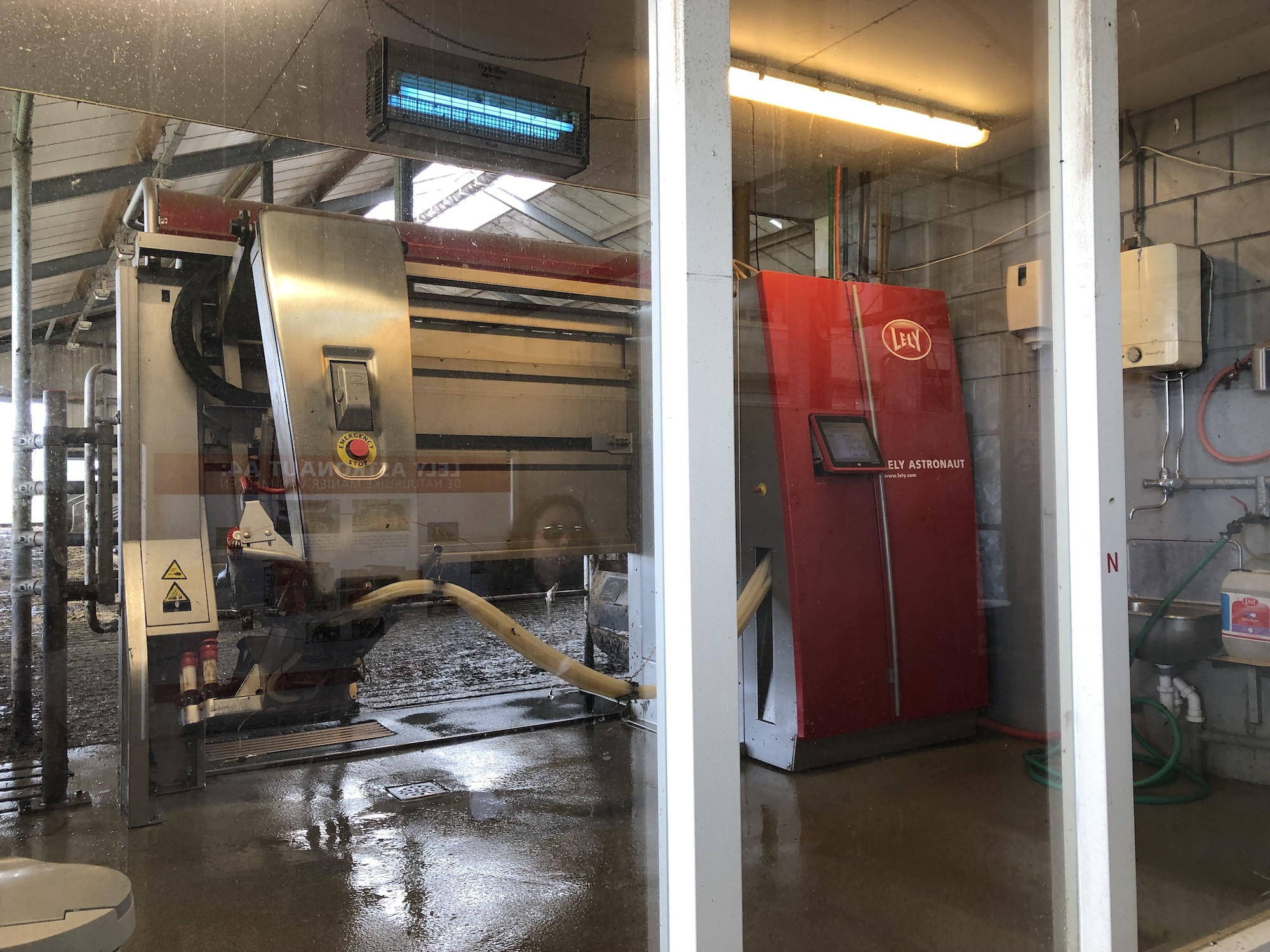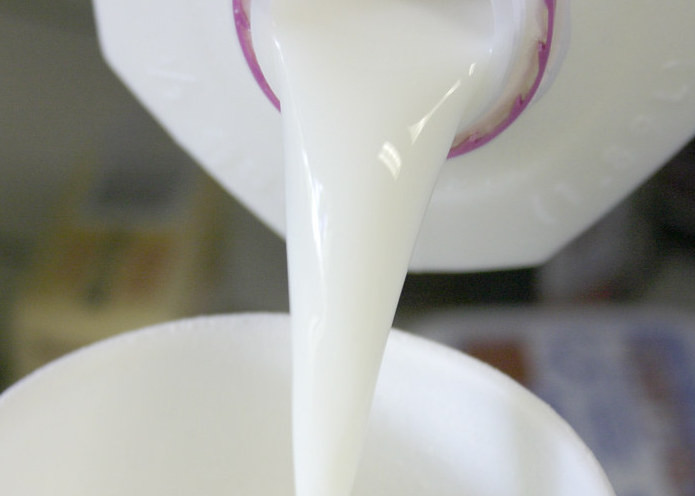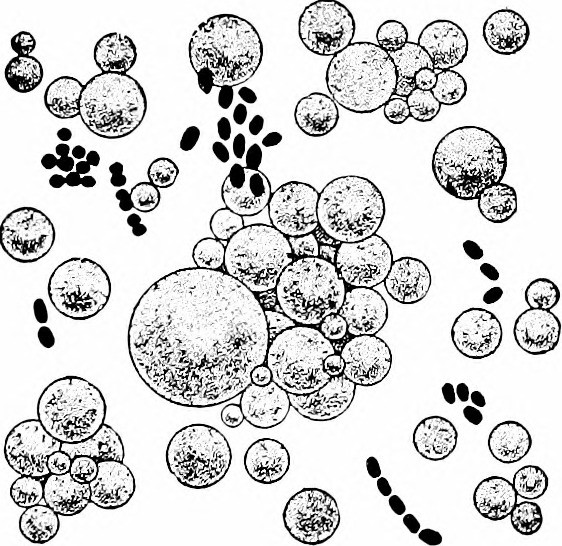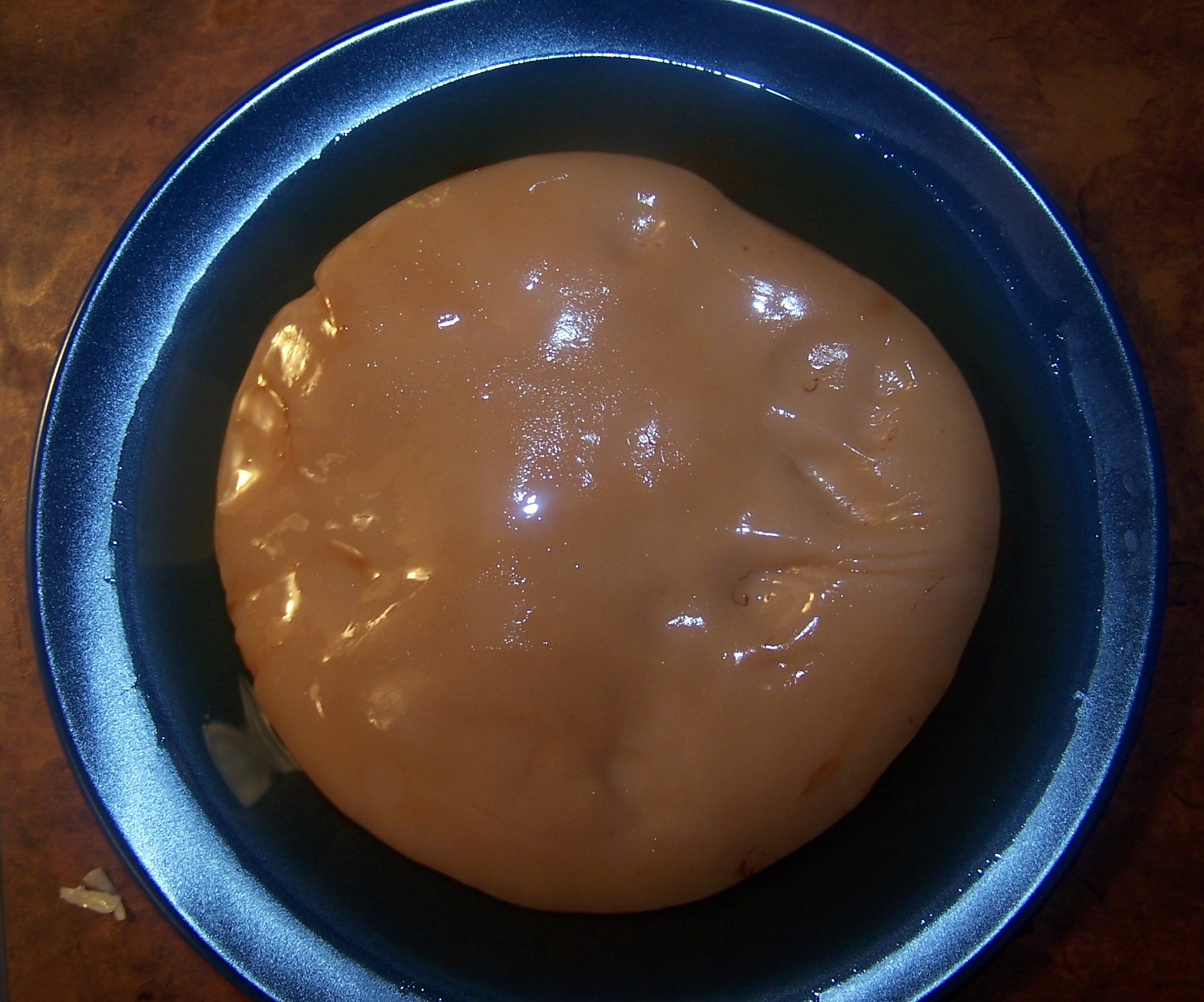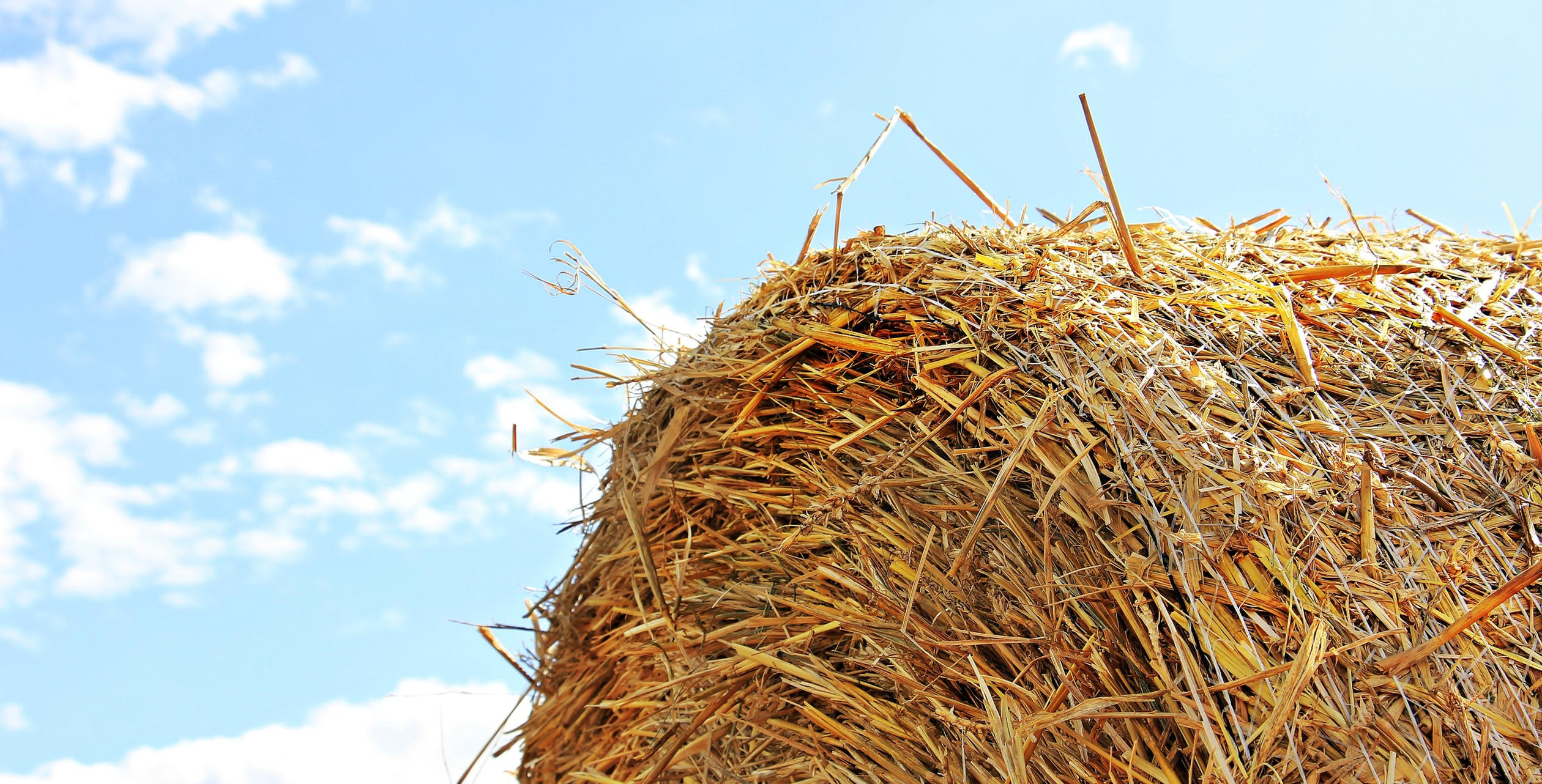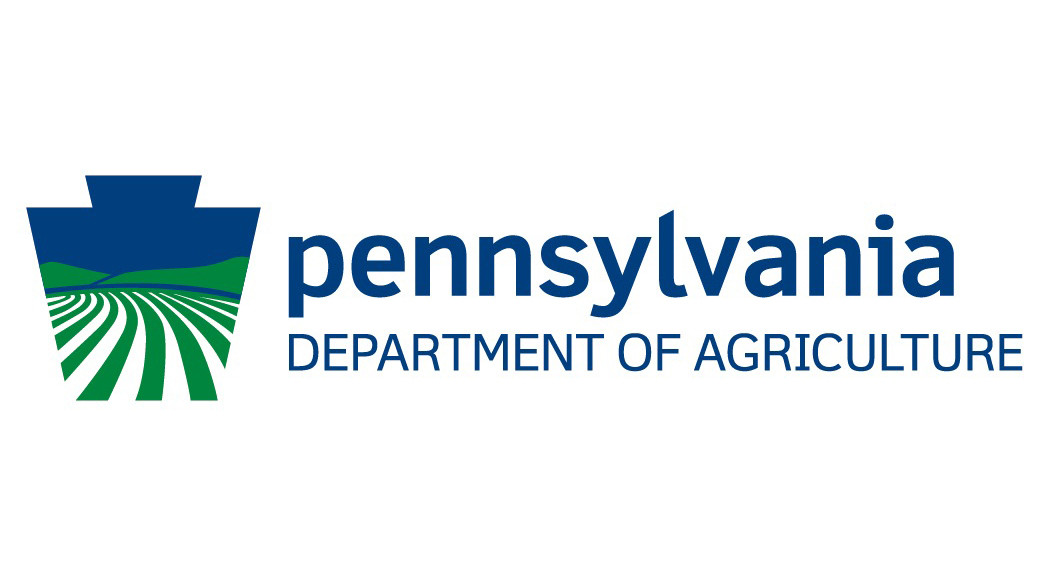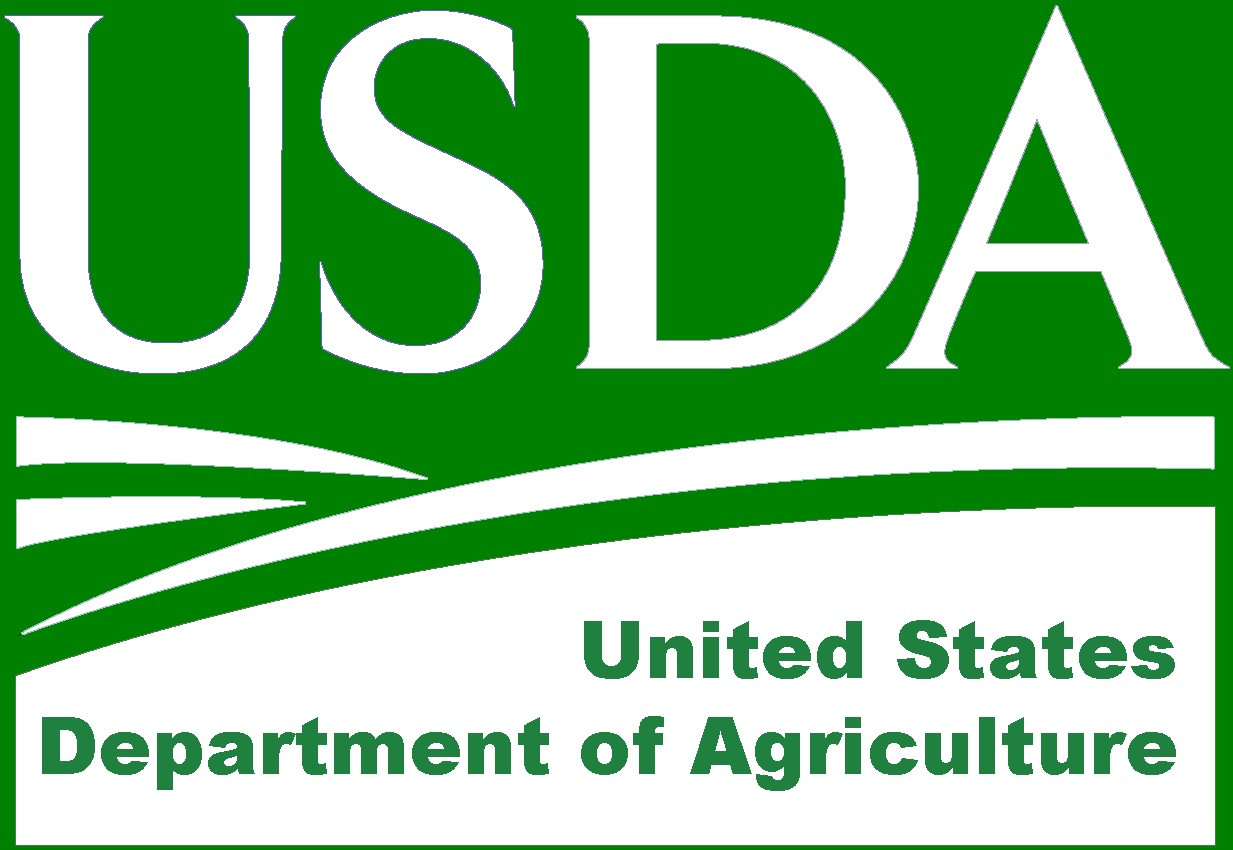Are robots the farmers of the future?
I had the privilege of visiting the Netherlands last weekend. Of course, I wanted to visit a farm. I was in luck! I found a Dutch farm that sold raw milk AND welcomed visitors. This farm was mechanized. Robots were everywhere.

